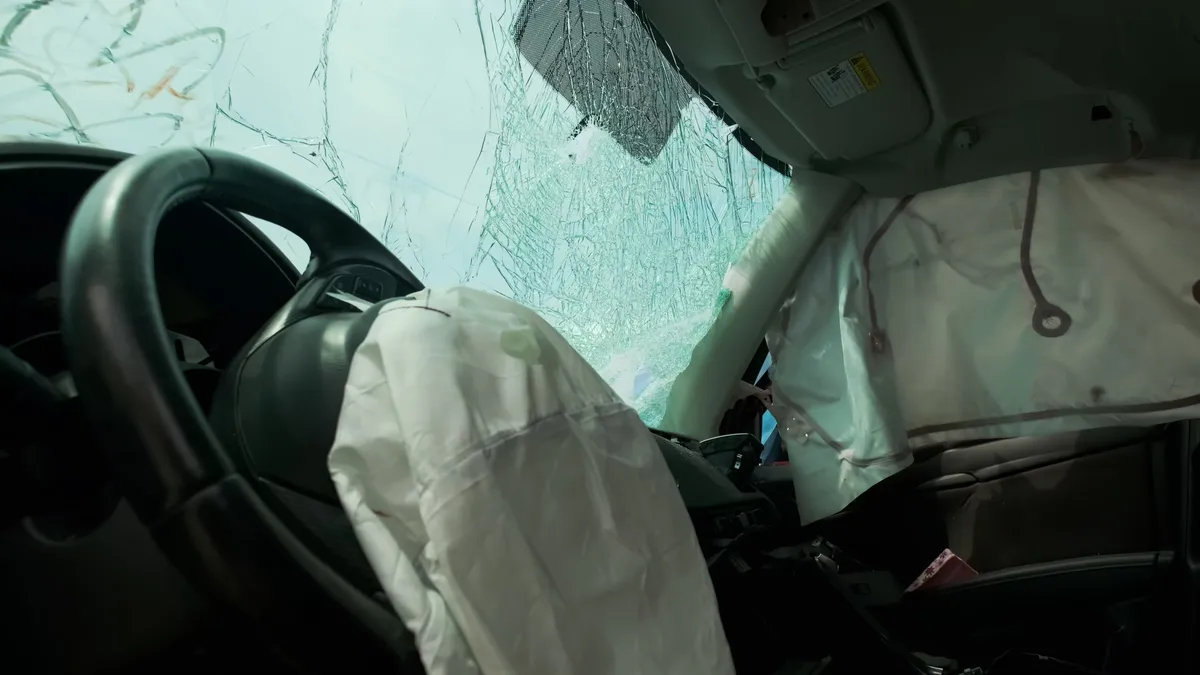Defective Automobile Claims
Defective automobile claims arise when a car’s faulty part or system causes an accident or injury. In Georgia, product liability laws are in place to protect people harmed by unsafe vehicles

Defective Automobile Claims in Georgia
Bourne Law Firm – Protecting Victims of Auto Defects. Defective automobile claims arise when a car’s faulty part or system causes an accident or injury. In Georgia, product liability laws are in place to protect people harmed by unsafe vehicles. If you were injured because a car component didn’t work properly – whether it’s brakes that failed or airbags that didn’t deploy – you have legal rights to seek compensation. This page explains what defective automobile claims involve, how Georgia law governs these cases, what your rights are as an injured victim, the process for filing a claim, and how Bourne Law Firm can help you navigate the journey toward justice. Our goal is to inform you of your rights while giving you confidence that experienced help is available every step of the way.
What Is a Defective Automobile Claim?
A defective automobile is any vehicle with a part or system that does not work as intended or that creates unexpected dangers. When a car or one of its components malfunctions, the risk of accidents and injuries rises. A defective automobile claim is a legal claim filed by someone injured because a car defect caused or worsened an accident. These claims can involve defects introduced at any stage of a vehicle’s life – from a flawed design, to a manufacturing mistake on the assembly line, or even a failure to include proper safety warnings. In all cases, the core issue is that something in the vehicle was unreasonably dangerous when used as intended, and that defect led directly to an injury.
Common Examples of Auto Defects: Many parts of a car can be defective. Here are some frequent defect scenarios that lead to injury claims:
- Airbag Failures: Airbags that fail to deploy when needed, deploy at the wrong time, or deploy too forcefully. These failures can lead to serious injuries (or fail to prevent them) during a crash.
- Brake Malfunctions: Faulty brake systems that do not engage properly or brakes that fail, making it impossible to stop in time and causing collisions.
- Tire Defects: Tire tread separation or tire blowouts due to poor manufacturing, causing the driver to lose control of the vehicle.
- Steering System Defects: Problems with steering components (for example, power steering failure) that make it difficult or impossible to control the car’s direction.
- Electrical & Fuel System Issues: Defective wiring or fuel system components that lead to car fires, engine failures, or even explosions after minor impacts.
Any defect that causes an accident or makes injuries worse could be the basis for a defective automobile claim. For instance, if a seatbelt latch fails during a crash or a roof structure collapses more than it should, those could also be considered defects. The key is that the vehicle did not perform safely as a reasonable consumer would expect.
Find out if you have a case in minutes. No obligation.
Start Now